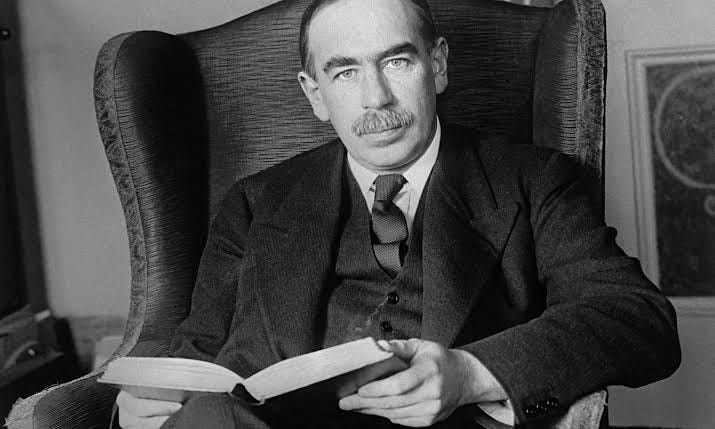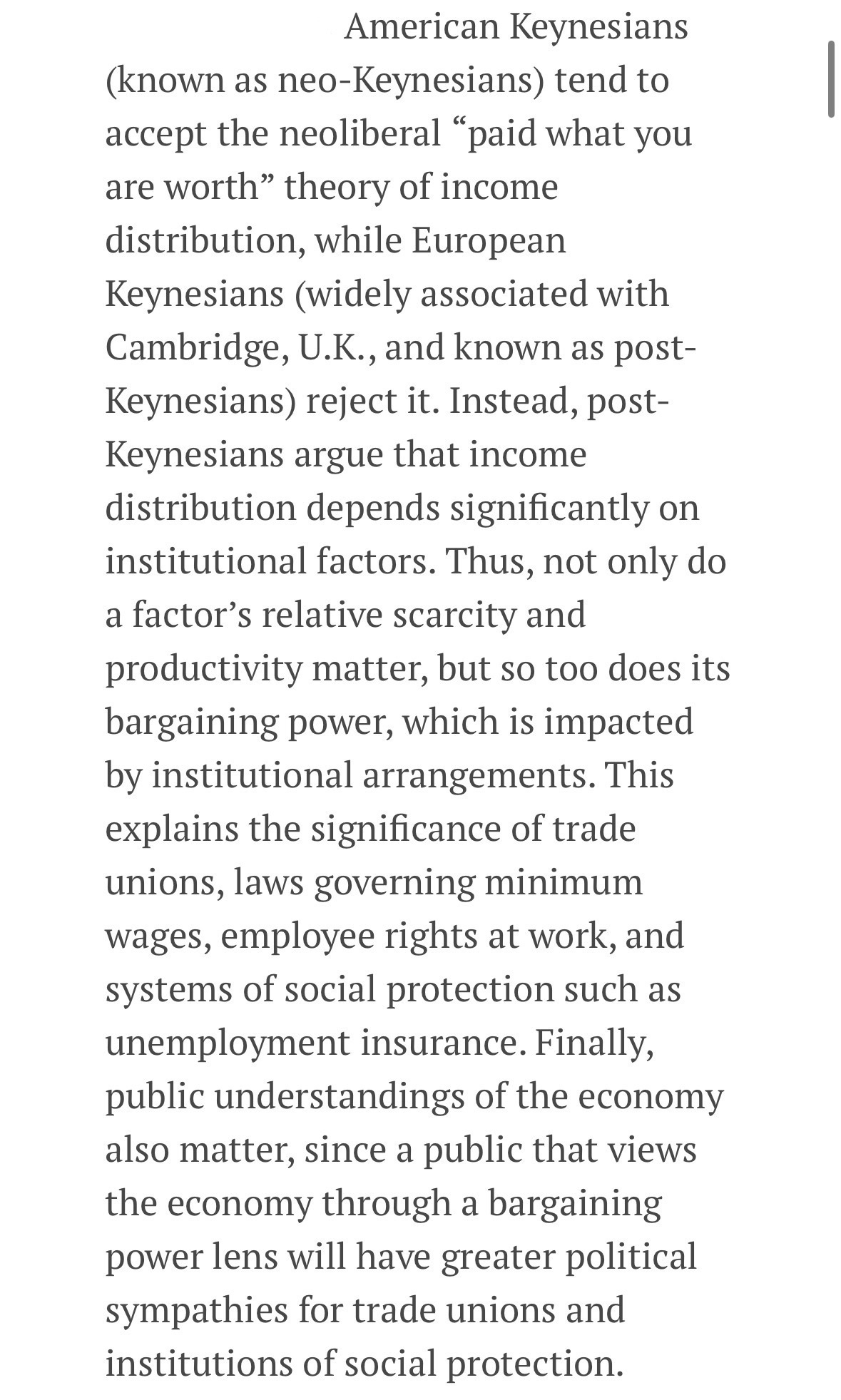Do our journalists?
Do Labour
Do we?
Oh, I do so love New Zealand news, our left-leaning, deliberatively disinterested, striving-to-be-unbiased media. They are working so hard for us, doing the mundane jobs that I would hate to do. That’s why I deliberatively never used my English degree to become a journalist.
Somehow I’ve wound up here anyway.
Or adjacent to it, I suppose. I’ve snuck in through the back door without the qualifications or a press pass and instead of taking notes, I’m just doodling various artistic renditions of this portrait of triumvirate glory:
Having our university degrees tied to labour, where the value of the knowledge is considerably less than the value of the qualification, has been a strange experience for me. I feel like I’ve spent the last ten years of adulthood trying to work out how a university education is supposed to be a sound investment and coming up blank. A symptom of the commodification of education, or so I’m told.
Personally I think there’s a more poisoned root elsewhere.
Politics, communications and media, and economics were all subjects I tested and rejected during my explorations of our education system. Despite deciding they weren’t for me, all would help me in what I’m attempting right now, and if I could study them for free tomorrow, I’d do so at the drop of a hat.
All three would be also, technically, more helpful than the Classics/English major I ended up with, but I don’t often wonder if such a rigorous regime of career-boosting classes on top of my initial 3-year foray into a law degree would have crushed a lot of the curiosity and creativity I was desperately trying to nurture in spite of the (frankly hostile) university system.
So I remind myself, deliberatively, that the purpose of a liberal education is breadth, depth, and well-roundedness, and that our use of university education as a utilitarian, user-pays job-training center is probably one of the leading problems with our stalling democracy and lagging level of national satisfaction. University education is a sound theory with a neoliberal-shaped hole in the center; I must not let right-wing economics convince me that something I enjoyed has no value just because I only enjoyed it.
In other words, I refuse to regret how much I loved studying my lifelong special interests on the side of what I tried to ensure were “useful” subjects. Just as I refuse to regret that the “useful” law degree I pursued prevented me from ever being able to pursue classics in academia. Because I enjoyed it.
If my university degree was “wasted” in the eyes of society, it’s not because I wasted it, but that with only a single university graduate in both branches of my very large extended family, I was left poking about on my own at this foreign world, at great cost to my mental health and student loan balance. No one schooled me in which degrees take you where, and there was no one knowledgable in this post-neoliberal university system to ask questions of, so I studied “useless” degrees that didn’t “lead” anywhere.
And it’s pretty disincentivised to go back to a school that I can now appreciate as an adult I am actually paying for. So I’m forging my own path. I have a lifetime to prove to myself, and to advocate to society, that degrees in the arts are not useless even if they don’t actually qualify you for a career pathway. They’ve just been co-opted by capitalism, and that devalues them.
And after a lifetime of discontinuing subjects that actually have some external value as meaningful qualifications in favour of fun pursuits that don’t, I have finally decided to stop avoiding all the scary stem-adjacent subjects and learn some of the fundamentals of these social sciences instead of just trying to pick it up via apparently-valueless osmosis.
(I’ve been immersing myself in The Kaka for rapid absorption — I highly recommend.)
But I still haven’t done any actual study of those basics. Between Bernard Hickey and Wikipedia, what else could there possibly be to learn?
It turns out, quite a lot.
If I’d ever picked up an economics textbook, for example, maybe I would have properly grasped the definition and background of Keynesian economics instead of estimating it based on “the vibe”.
The difference between post-Keynesians and neo-Keynesians in how most people view these systems is that one is American and one is not. This is because there are two major implementers of Keynesian economics followed by free market neoliberalism: Britain and America. As a commonwealth country, our foundations can be found in the British camp, while David Seymour and Christopher Luxon are dragging us over to the American. I’m not even sure if Luxon is doing it deliberately — he’s done such a good job of playing the fool, he’s convinced me he definitely is one.
But David Seymour is definitely deliberate in his actions. This is what people say (but don’t always realise they mean) when they describe ACT as far right or radical right, and National as being pushed there by the pressures ACT is exerting. It’s not the social concept of the far right, which everyone understands fairly well and is quite visible (too visible, like with the Treaty Principles Bill. Almost like the point is visibility.)
We have come to judge left and right off of social politics, what the right calls identity politics, and this hides the impact of the economic politics underpinning the ethos of both sides of the aisle.
There is another aspect of this quote that has been missing from my economic understanding of how our world machinates.
“Finally, public understandings of the economy also matter, since a public that views the economy through a bargaining power lens will have greater political sympathies for trade unions and institutional social protection.”
This is the truly americanised aspect of our politics. Once, the common man understood economics. At least a little. They voted with a general appreciation of the economic situation. Obviously they didn’t always vote well — Muldoon is evidence of that.
But I’m under thirty still, so I can tell you something about this generation that is not true of the older ones: none of us understand economics. Not like the boomers do. Neoliberalism forces you to select the subjects you study earlier and earlier so it can divide the STEM from the humanities and direct students down different tracts. It devalues humanities, arts, and the social sciences too and rewards science and engineering and anything that even looks like maths. Many people who would have an interest in economics in a system where it was taught at all as part of the core curriculum (like say, in a civics subject) instead shy away from it, thinking that it’s “not for them”.
This is deliberate.
This is also Labour’s fault. And if it’s not their fault, it’s their burden and responsibility to fix. We cannot strive for economic change without a campaign that teaches the public why we need it, and why it needs to be a shift to the left and not wherever Roger Douglass’s legacy (ACT) wants to take us next.
Chippie, McNulty, Edmonds, Scwarbrick, Waititi, Winnie… if any politicians and parties out there are listening. We are laying the groundwork. We are reading and researching and writing and informing and talking. We are primed to hate neoliberalism by virtue of living it our entire lives and are packed in like a powder keg.
Give us a reason to tell everyone about it and we will. Start the conversation and we will continue it.
Yesterday, Luigi Mangione was arrested for shooting the symbolic CEO of neoliberalism.
If there was ever a time for this conversation, it’s now.
Due to a small sob-story with WINZ, which I may share soon if I get a chance to work it in, I’m breaking my habit I’ve been trying to set of not e-begging or over-asking for subscribers.
However, WINZ hates poor people and the disabled so I’m going on sale!
If you’d like to help support this publication, subscriptions will be half price. However, if you’d like to pay me LESS, I’ll be discounting subs again at the end of the week, so hang fire.
I don’t paywall content, so subscriptions are really donations rather than a purchase. I’m in the privileged/unprivileged position of being on the benefit while establishing this substack, so I’m treating that as the world’s worst UBI (or maybe an artist’s stipend?) while I get better. However, due the fact I’m mentally ill and WINZ is the social service equivalent of hostile architecture, my benefit has been suspended for what is now the third week running, after already being suspended for a months when I went overseas, and I can’t get a phone appointment with them until Friday.
Any koha is hugely appreciated, and a huge thanks for all my paying subscribers who have already motivated me to take this substack this far!







Very interesting, I too tried a wide variety of courses while pursuing my 'useless' arts degree in Film and Music.
Economics was my best subject in high school (the only one I got scholarship offers for), so I've maintained a passive interest in the field and it has been really disappointing to watch the public understanding of economic policy plummet.
Bernard Hickey is great, and has critiqued both sides for their lazy policy ideas. Another Substacker I'm reading to understand modern economics is Lorenzo from Oz, who mixes his explanations of economic theories with examples from history.
Personally, I think the reason economics isn't widely understood in our generation is that since the rise of 'neo-liberalism' in monetary policy we haven't lived in a 'real' economy.
Policies that call for consistent monetary inflation in the 1% to 3% range from central banks, and a willingness to bail out failing private banks, have steadily eroded public trust in fiscal currency and financial institutions. So, with trust in the value of money declining, people are naturally resorting to more informal trading (barter, bitcoin, etc...) to get by.
A more natural equilibrium for central bank policy on monetary inflation would be -2% to 2%, but both 'neo-marxist' and 'neo-liberal' policy makers are loathe to suggest this idea because a 'negative stimulus' in monetary policy would shrink GDP - the only metric that voters are told to care about in the 'neo-liberal' era.
While it wouldn't be a vote winner in the short term, 'negative stimulus' would very likely lower CPI - and I consider that a much more important inflation metric than monetary inflation or GDP. In the long term, people would likely vote for politicians who made food more affordable for the average citizen. Problem is, you need a politician with the political capital and courage to try something like that...
Highly applicable engineering degrees here. I design industrial robots. However, I’m always fascinated to watch out for when my degrees matter. Virtually everything useful that I use in my real job comes from secondary school physics and maths.
Except for Green’s integrals. I sat in a lecture (I attended few) and thought - who the hell is ever going to use this Green’s integrals stuff about stress distributions around holes in infinite media. My first job out of university was to do with the design of underground coal mines in Huntley. Horizontal holes in the ground. (I was just out of university. Ever since, when going down highway 1, past Huntley, I keep an eye out for cracks in the road that would indicate that I got my Green’s integrals calcs wrong and we are going to fall into a collapsed mine.)